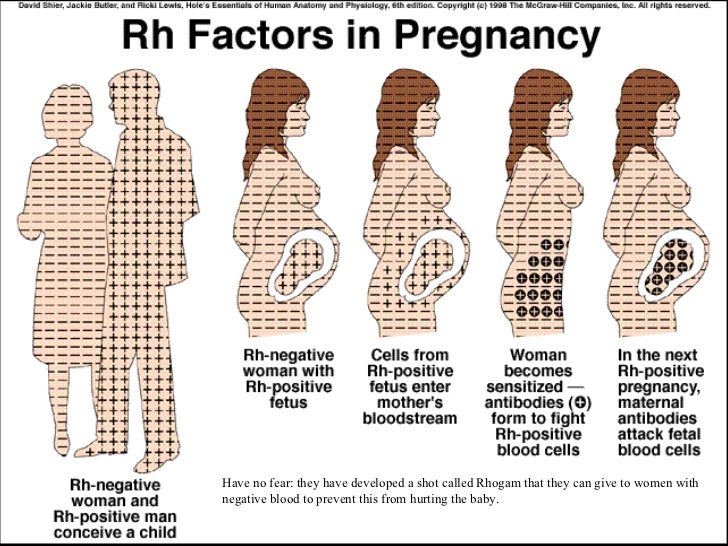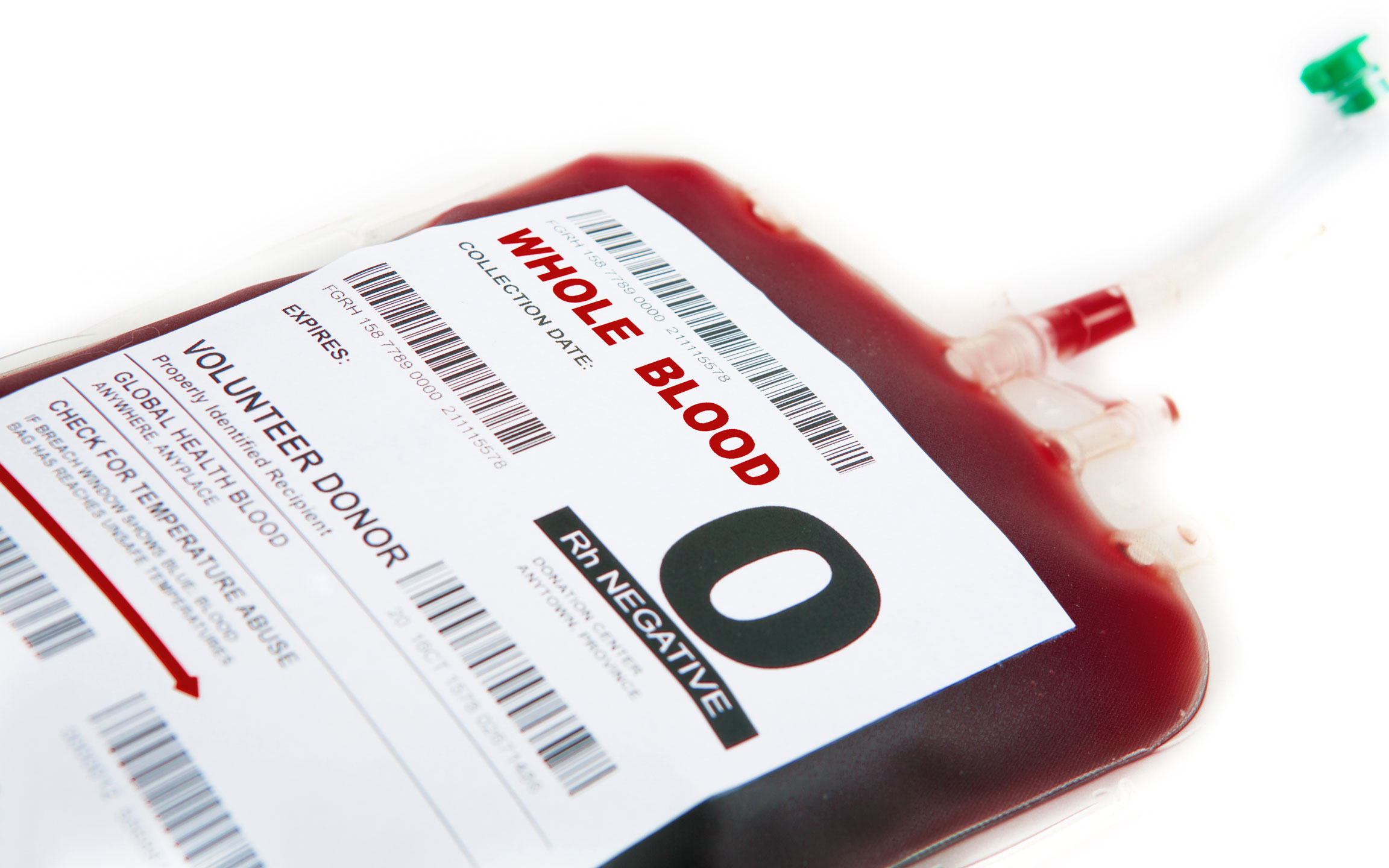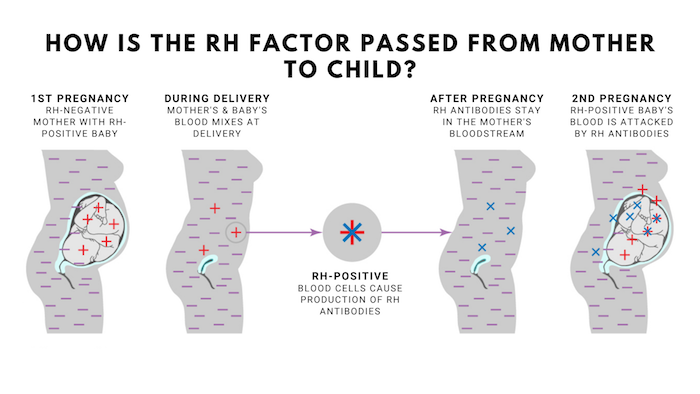


Gestational Diabetes pregnancy Complications list

Abnormalities of the uterus such as a bicornuate uterus or uterine fibroids.In addition, certain factors may make a repeated C-section more likely : However, VBAC carries some risks so it’s important to discuss with your doctor all the pros and cons. Vaginal birth after Cesarean section (VBAC) can be an option if your previous Cesarean section was not because of term labor dystocia due to abnormal fetal heart rate patterns. If you are having severe pain in the lower back, abdomen or pelvis with vaginal bleeding, call 911. If you have vaginal bleeding that is not accompanied by pain or cramping, contact your doctor immediately. You have severe preeclampsia – this condition increases the risk of severe bleeding at delivery as well as medical problems for you and your baby.The baby’s heart rate dramatically slows down when you change position or walk around during labor.There is a large placenta previa – it covers most of your cervix.Your health care provider may recommend that you have an elective Cesarean section if: Your doctor will advise you to lie on the side opposite the placenta and avoid making any sudden movements during labor. If you have a small placenta previa or it does not cover your entire cervix, there is a good chance that you can deliver vaginally. You’ve had to bleed for more than 1 to 2 weeks.You’re pregnant with twins and there’s more than one sac.

Your doctor may also use ultrasound or magnetic resonance imaging (MRI) to see how far your cervix has opened up – that’s called ‘cervical length’. If this is true, your doctor will schedule another appointment and order blood and urine tests for you. This test can show whether or not there is a placenta previa. If you have had an early onset of bleeding during pregnancy, your doctor will perform a diagnostic ultrasound. Placenta previa is most common among women who have had multiple pregnancies (including Cesarean section deliveries), an abnormally shaped uterus (bicornuate uterus), placenta accretes (part of the placenta is attached abnormally to the uterine wall), and prior trauma (such as multiple miscarriages or Cesarean deliveries). It may also make you more likely to need a C-section because the baby cannot pass through the birth canal. This can cause severe bleeding during late pregnancy and may lead to vaginal bleeding before delivery. Placenta previa is a condition in which the placenta grows over the cervix, partially or completely blocking it. One in 200 pregnancies is affected by placenta previa. You should immediately report any signs of early-onset preeclampsia, especially after 20 weeks of pregnancy, to your doctor! However, women who continue to have unexplained high blood pressure during pregnancy are at increased risk for developing preeclampsia in later pregnancies. The good news: if you have had preeclampsia in one pregnancy you will be at increased risk but not guaranteed to develop this condition with future pregnancies. The only effective treatment for preeclampsia is the delivery of your baby. If left untreated it can lead to seizures and even death of the mother and/or baby. Preeclampsia is a dangerous pregnancy complication that occurs about half as often as gestational diabetes and requires immediate medical attention. However, many women may present with swelling or weight gain, upper abdominal pain, headaches, or visual disturbances. Some women do not experience any symptoms except for higher than normal blood pressure readings on their prenatal visits. Preeclampsia occurs between 20 weeks after conception until 6 weeks postpartum. One out of ten pregnancies has some degree of preeclampsia, a condition characterized by high blood pressure and protein levels in the urine. The most common complication during pregnancy is… The first months of pregnancy are an important time it is the period in which the baby’s brain, central nervous system, and all its major organs, systems, and structures begin to form.ĭuring these early stages of pregnancy, some pregnancy complications may arise that can put your health at risk or even result in miscarriage. Pregnant women should be aware of the most common complication that women face during their first months of pregnancy because it may threaten your health or even life! In this post we will discuss all you need to know about Pregnancy Complications- from Precambrian, Gestational Diabetes, Rh Incompatibility, Placenta Preview to Premature Births. Pregnancy complications are different for each woman and depend on the pregnancy phase in which they occur. But, sometimes due to some unexpected and rare complications this joyful occasion can turn into a nightmare. Pregnancy is a beautiful moment for every couple.


 0 kommentar(er)
0 kommentar(er)
